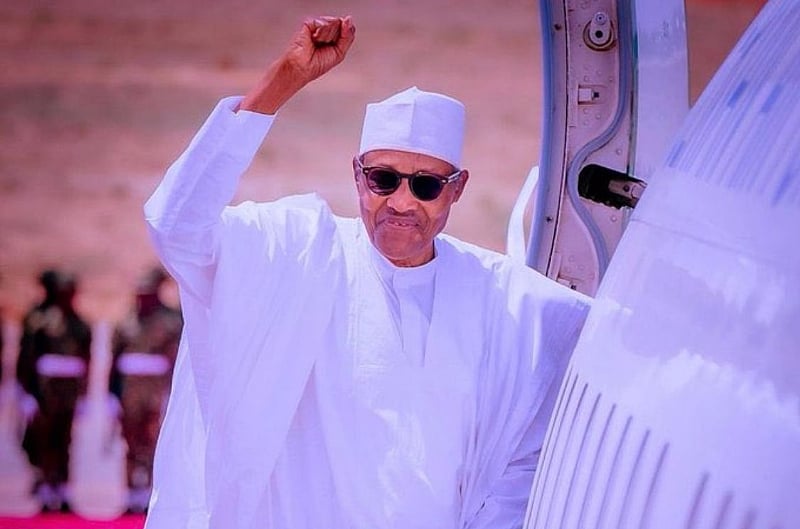Muhammadu Buhari, a pivotal figure in Nigeria’s political landscape, passed away at the age of 82 on July 13, 2024, while receiving medical treatment in London. His death marked the end of an era characterized by both accolades and controversies. The announcement, delivered by the President Bola Ahmed Tinubu Media Centre, acknowledged the profound impact of Buhari’s passing, particularly considering his leadership during a tumultuous period in Nigeria’s history. President Tinubu subsequently decreed a period of national mourning, ordering all flags to be flown at half-mast to honor the late president.
Buhari’s life journey was one of resilience and transformation. Born in Daura, Katsina State, in December 1942, he navigated a challenging childhood marked by the early loss of his father. Raised by his mother, Buhari attributed his formative years, including the rigorous discipline of boarding school in Katsina, to shaping his character. His military career commenced at the Nigerian Military Training College, followed by officer training in the United Kingdom. This path eventually led him to become the military governor of the North-East region and later the federal commissioner for petroleum and natural resources under General Olusegun Obasanjo’s military regime.
Buhari’s initial foray into national leadership came in 1983 when he seized power through a military coup, becoming Nigeria’s Head of State. However, his rule was short-lived, ending with his overthrow two years later. Undeterred, Buhari transitioned into the democratic arena, contesting the presidency multiple times before finally securing a groundbreaking victory in 2015. This win marked a historic moment in Nigerian politics, as he became the first opposition candidate to unseat an incumbent president.
Buhari’s presidency was marked by a complex interplay of successes and shortcomings. He campaigned on a platform of change, promising to tackle corruption, improve security, and revitalize the economy. While some lauded his efforts in these areas, others criticized the pace and effectiveness of his policies. His administration faced significant challenges, including the Boko Haram insurgency, economic recession, and accusations of human rights abuses.
Re-elected in 2019, Buhari continued to pursue his agenda, but his second term was also met with mixed reactions. Some Nigerians questioned his ability to deliver on his promises, while others acknowledged the complexities of governing a nation as diverse and challenging as Nigeria. His legacy remains a subject of ongoing debate, with supporters pointing to his commitment to fighting corruption and improving infrastructure, while critics raise concerns about his handling of dissent and economic policies.
Buhari’s death prompted a wave of both mourning and reflection across Nigeria. His life and career, spanning military service, political upheaval, and democratic leadership, left an indelible mark on the nation’s history. As Nigeria moves forward, the impact of his decisions and policies will continue to shape the country’s political and social landscape for years to come. His story serves as a testament to the complexities of leadership in a nation grappling with myriad challenges, and his legacy will undoubtedly be a subject of continued discussion and analysis.


